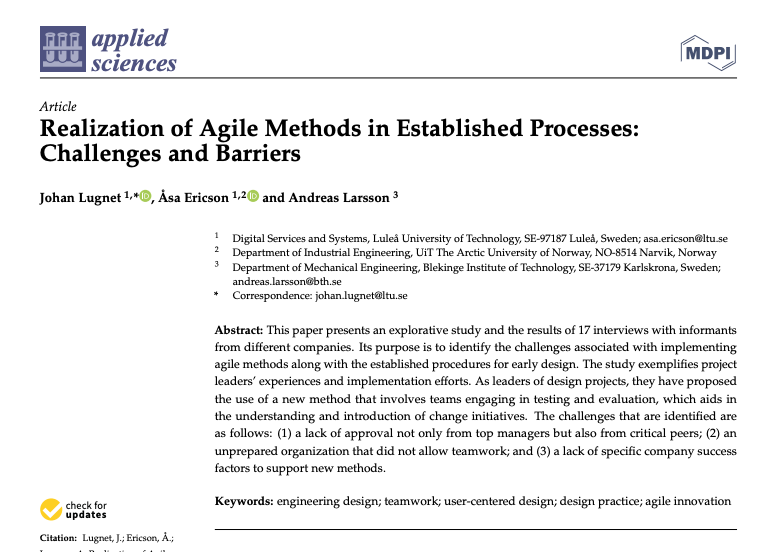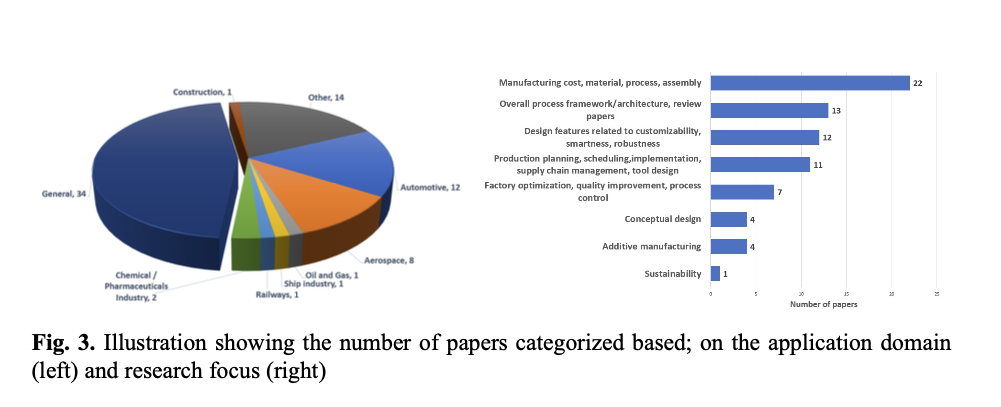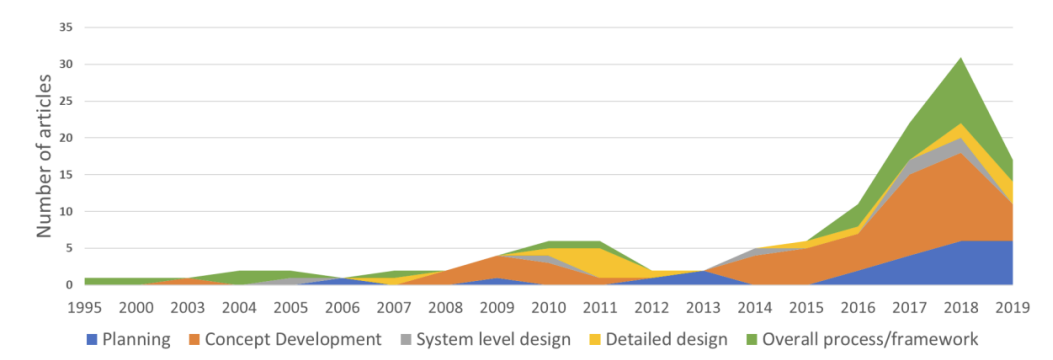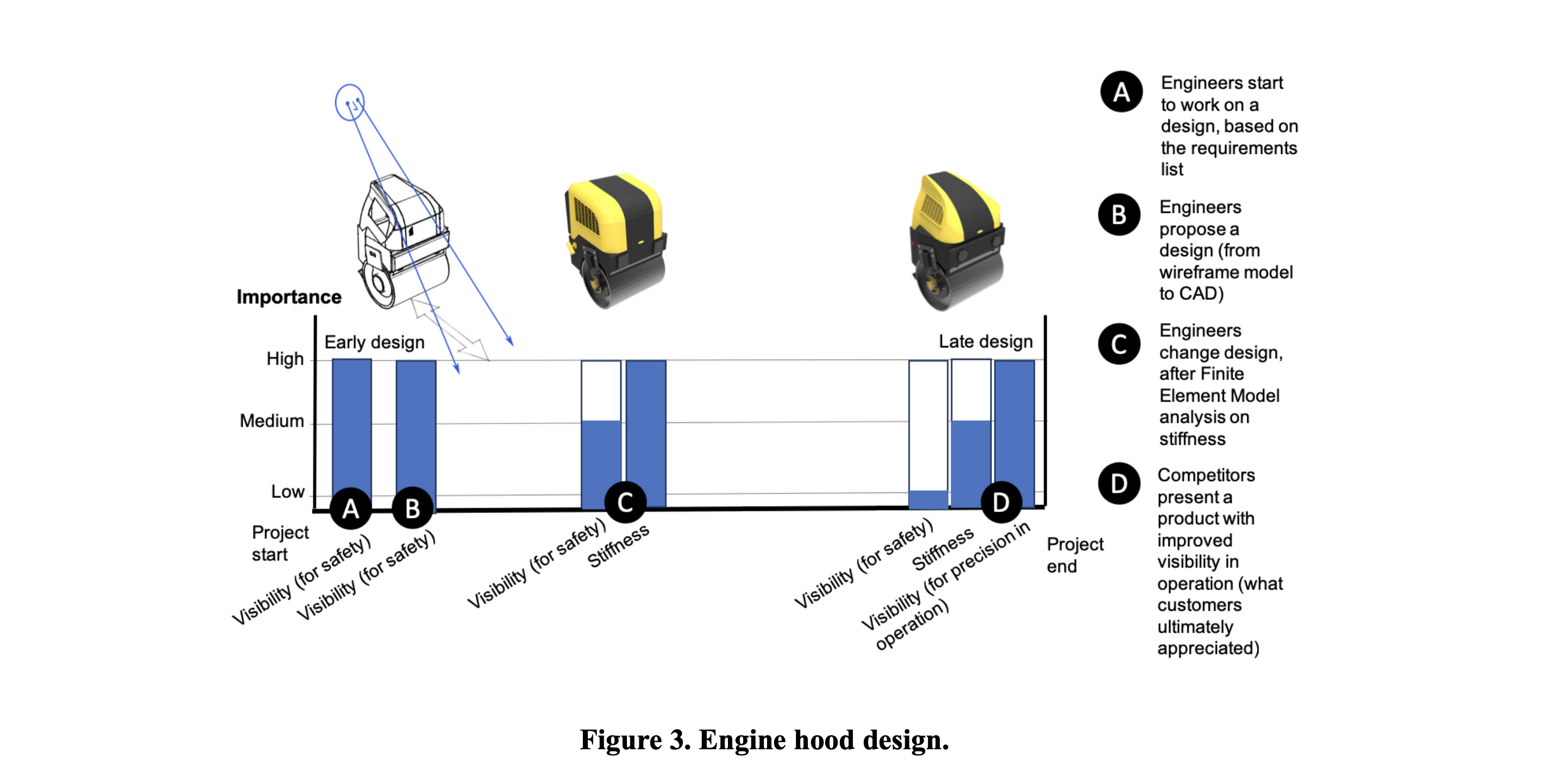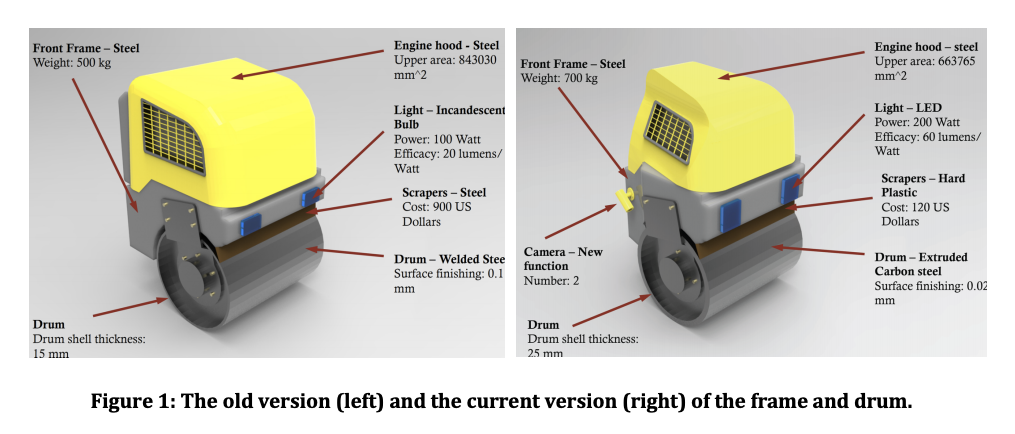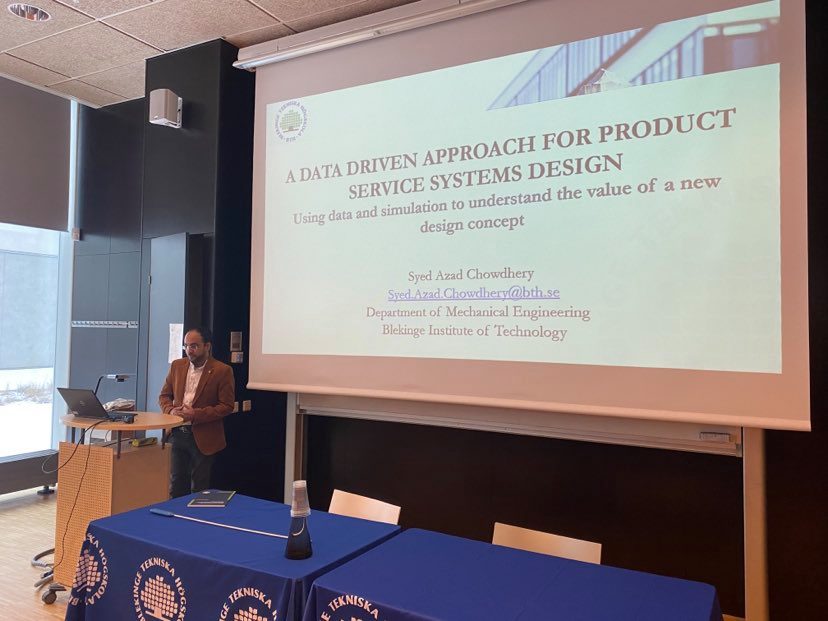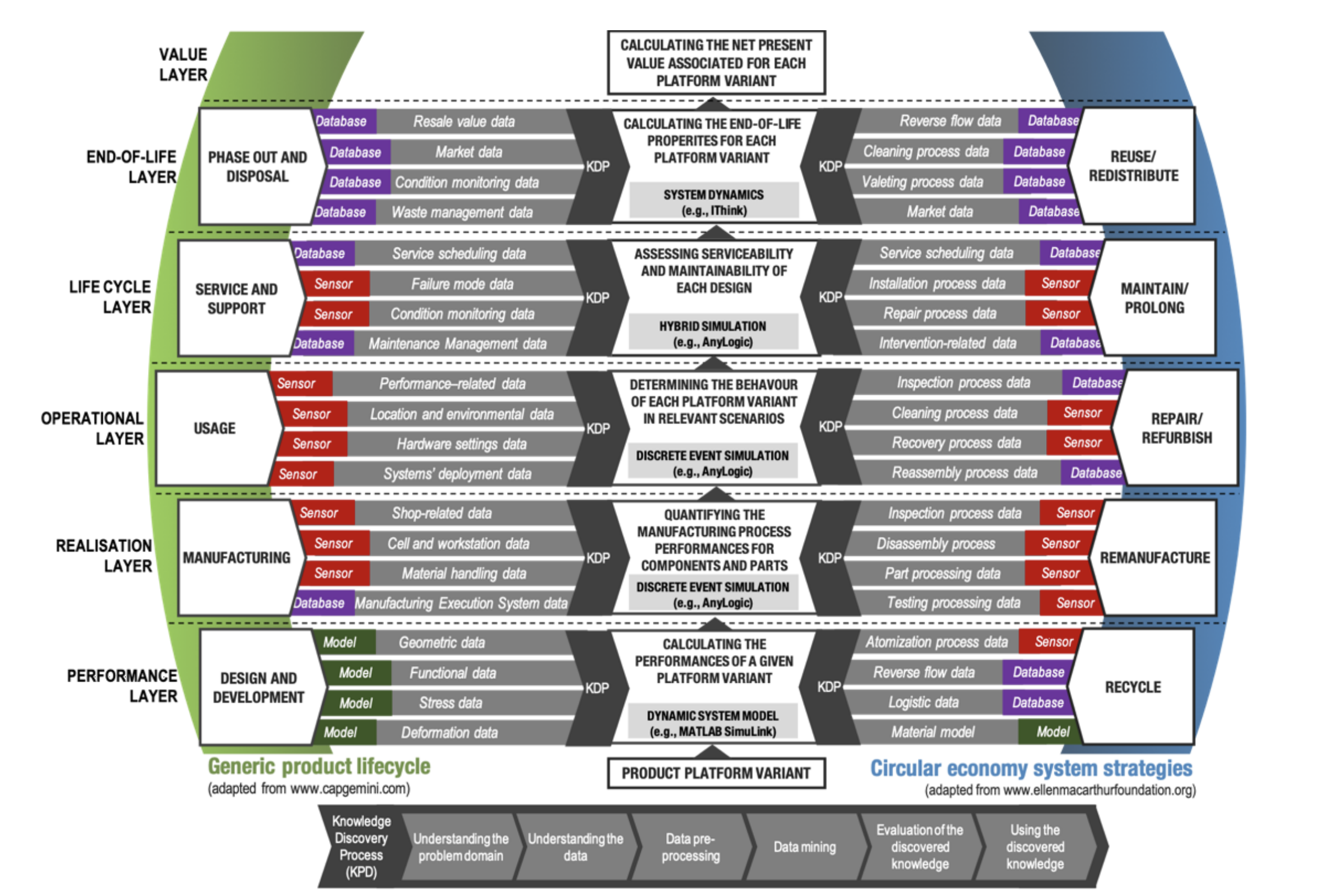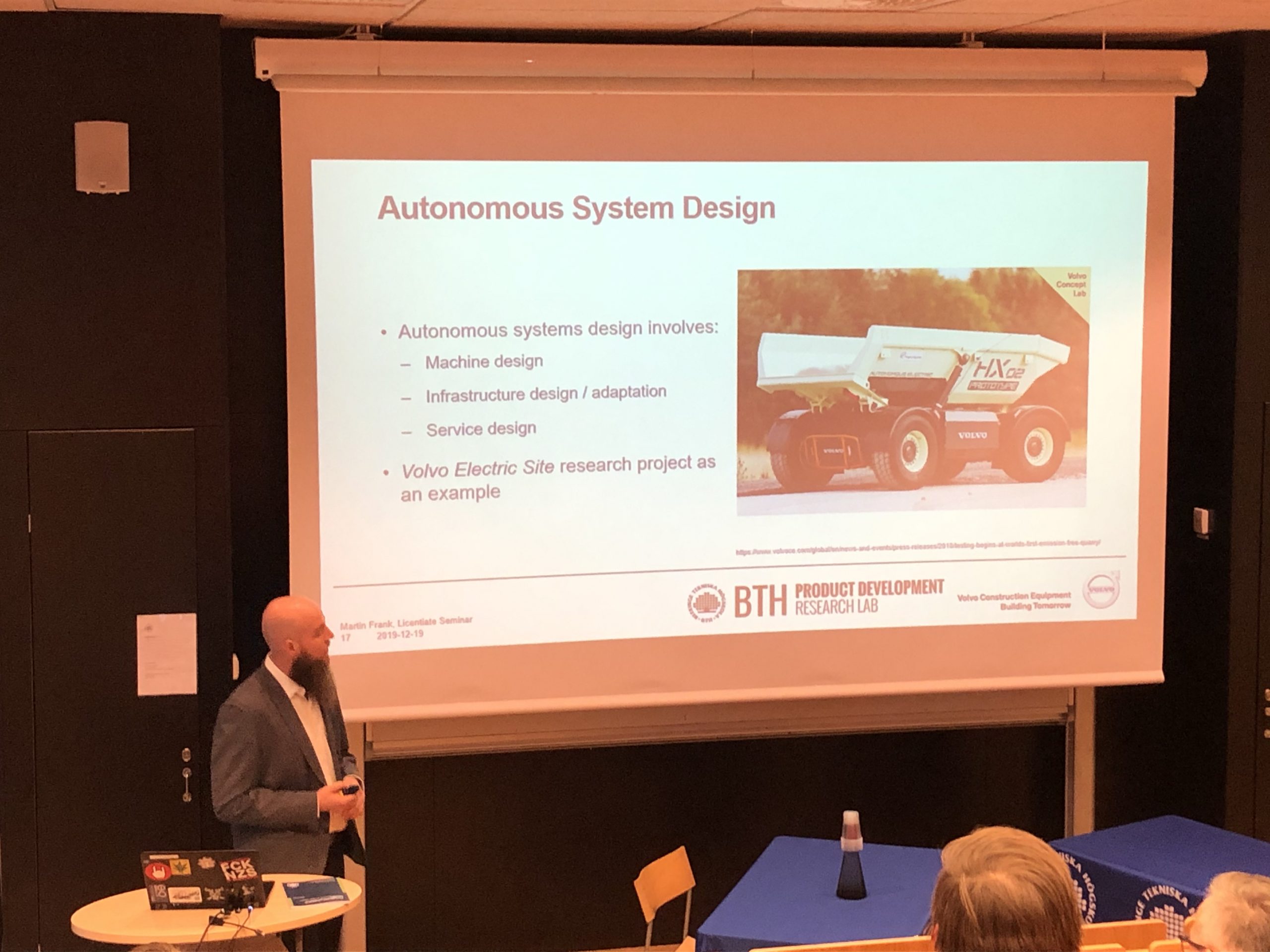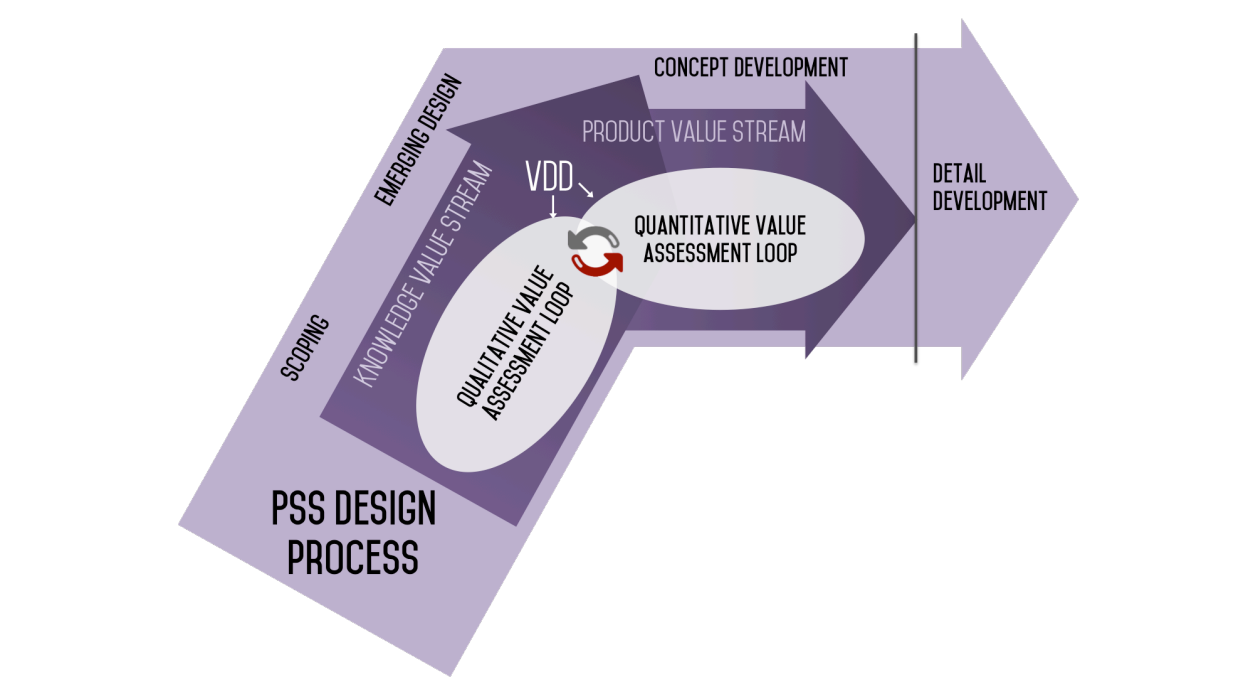Abstract This paper presents an explorative study and the results of 17 interviews with informants from different companies. Its purpose is to identify the challenges associated with implementing agile methods along with the established procedures for early design. The study exemplifies project leaders’ experiences and implementation efforts. As leaders of design projects, they have proposed […]
Read More